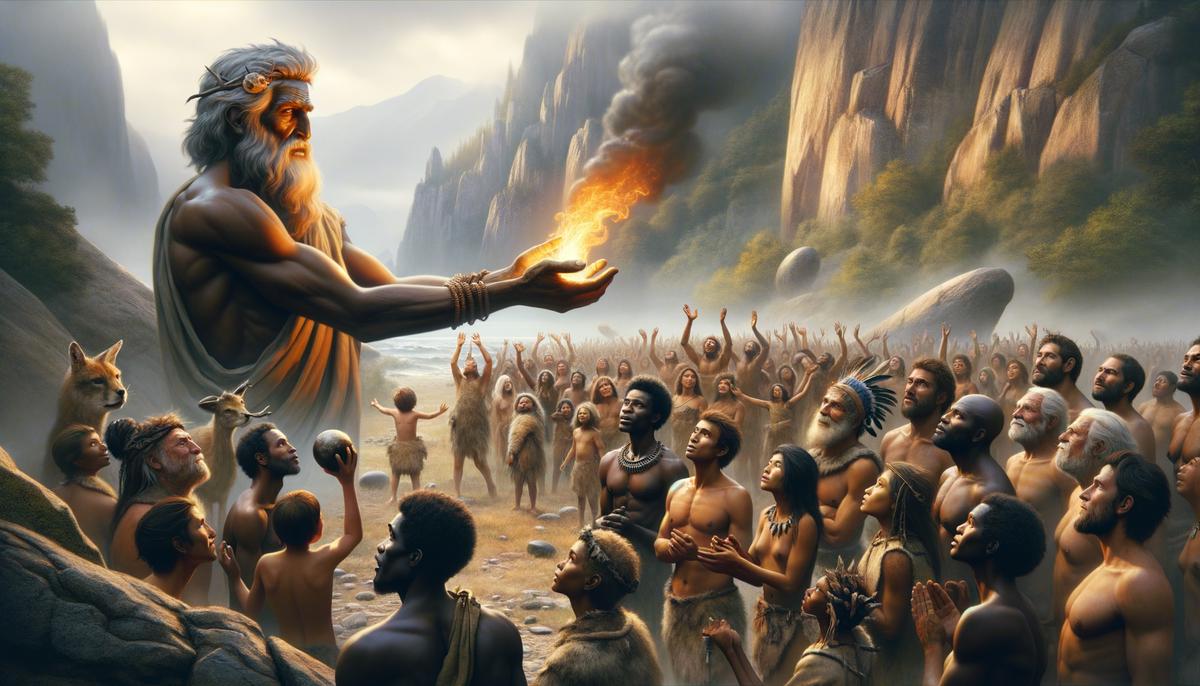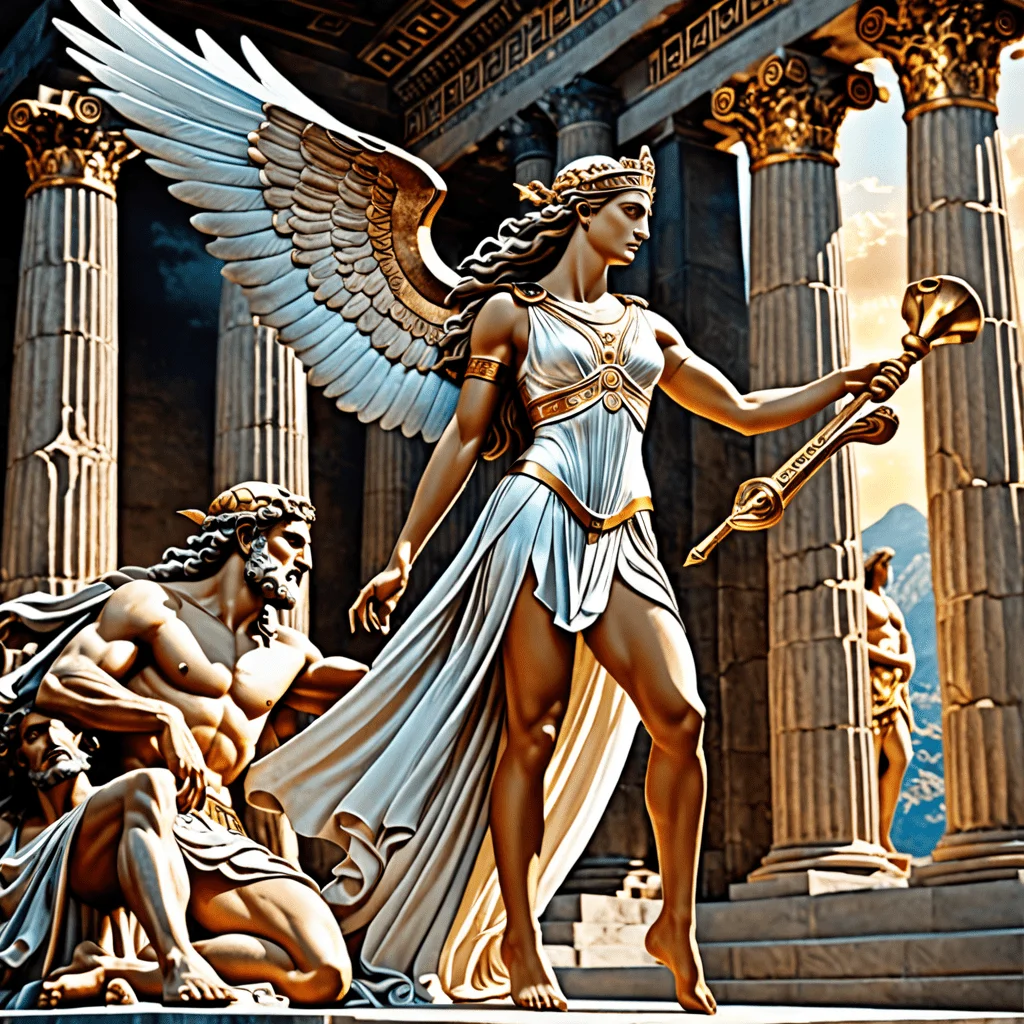pivot62.com – The myth of Prometheus is one of the most enduring tales from ancient Greek mythology, embodying the themes of intelligence, foresight, and the quest for knowledge. Prometheus, whose name translates to “forethought,” was a Titan known for his intelligence and cunning. He played a pivotal role in the early history of humanity, as recounted in various ancient texts, including Hesiod’s “Theogony” and Aeschylus’s “Prometheus Bound.”
The Creation of Humankind
Prometheus’s story begins with the creation of humankind. According to the myth, Prometheus was tasked, alongside his brother Epimetheus (“afterthought”), with populating the earth with creatures. Epimetheus distributed various qualities and abilities among the animals, leaving nothing for humans. Recognizing the vulnerability and nakedness of humans, Prometheus sought to rectify this imbalance.
The Theft of Fire
The most famous act of Prometheus is his theft of fire from the gods. Fire, in ancient Greek mythology, was a symbol of civilization, knowledge, and power. It was jealously guarded by the gods, who had denied it to humans. Prometheus, moved by the plight of humanity, decided to defy the gods. He stole fire from the chariot of the sun god Helios or, in another version, by hiding it in a hollow fennel stalk, and brought it down to earth.
The Punishment of Prometheus
The theft of fire did not go unnoticed. Zeus, the king of the gods, was furious at Prometheus’s defiance. As punishment, Zeus ordered Hephaestus to chain Prometheus to a rock in the Caucasus Mountains. Each day, an eagle—often said to be Zeus’s bird—would come and eat Prometheus’s liver, which would then regenerate overnight, only to be eaten again the next day. This torment was to last for eternity, a punishment for his audacity in challenging the gods.
The Symbolism of Prometheus
Prometheus’s myth is rich in symbolism. He is often seen as a symbol of human enlightenment and progress, representing the struggle against oppression and the quest for knowledge. His punishment, in turn, symbolizes the price of defiance and the eternal struggle between human aspiration and divine authority.
Conclusion
The myth of Prometheus is a timeless tale that continues to inspire and provoke thought. It speaks to the human condition, our desire for knowledge and improvement, and the sacrifices that come with defying the status quo. Prometheus, the Titan who dared to challenge the gods for the sake of humanity, remains a powerful symbol of courage, foresight, and the unyielding human spirit.

